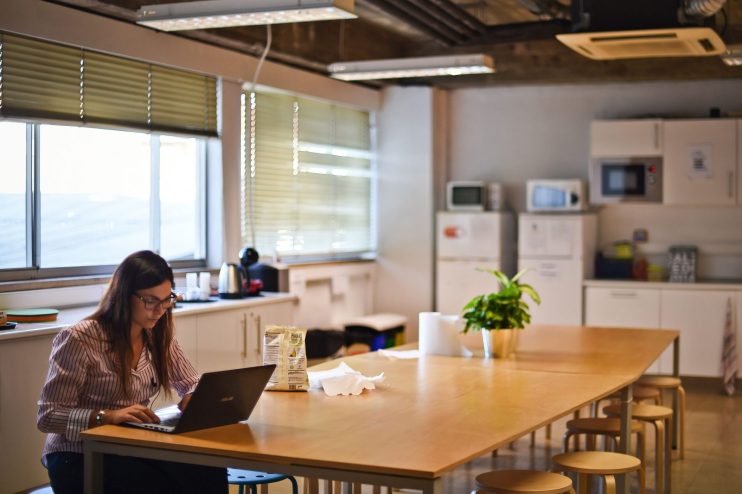Need a new lockdown skill? It’s time to learn to code

Lockdown “The Sequel” is well and truly upon us.
This time around, we are in a better position to understand what that actually means, though that makes visions of thumb-twiddling and isolation, of sourdough starters rising while it gets dark at 4pm, no less daunting.
Which begs the question, how should we fill our time? Just as Brits learnt embroidery and grew green thumbs in spring 2020, what new pursuits will rise to popularity and dominate our virtual conversations for the next few weeks?
My suggestion: learn to code.
If learning to code has been on your long-term to-do list, then now is the time. Coding is no longer a “nice-to-have” skill but a “need-to-have” asset — and one that’s increasingly valuable in almost any business environment. Learning to code was once deemed impossible for the vast majority of people, and seemingly reserved for eccentric hackers. Thankfully it’s now much more accessible, with digital education platforms like Codecademy, freeCodeCamp, and Coursera removing the need for a computer science degree in order to get to a decent level.
The available tools and courses are built to be intuitive and support self-education, making them the ideal companion for solo lockdown learning. My team estimates that within 100 hours, a complete beginner can gain the skills and confidence to start building their own programs from scratch.
Programming courses also tend to chart your progress. Unlike the overwhelming ambitions of Lockdown One — such as plans to learn Chinese, calligraphy and the trombone simultaneously — learning to code is incremental. Throughout the learning journey, you will be able to see the tangible fruits of your labours.
Not only is learning to code a productive hobby but it can also be a restful one. Look at the British public’s obsession with quizzes during the last lockdown: when confronted with uncertainty, we find comfort in control. Methodically writing lines of JavaScript and Python, in order to design a website or create a rudimentary calculator or chess game, can be fun as well as rewarding. What better way to scratch a boredom-induced itch than by using logic to problem-solve, and then turn seemingly-incomprehensible rows of symbols into something tangible?
In addition, parents can set a strong example to their children, who will already be learning to code in schools as part of the national curriculum. This will grant the next generation access to versatile and lucrative career paths, especially given that the typical wage for digital jobs in the UK is double the national average. Programming fluency is the bilinguality we’re all going to need for the future, which is why it’s so important we encourage children to learn the fundamentals from an early age, and the reason I set up my company to get young girls into coding.
All this is reflected in the numbers too. The digital economy, valued at $11.5 trillion globally (15.5 per cent of global GDP), will continue to grow thanks to the ever-increasing proliferation and mass adoption of digital services. What’s more, the technology industry is generating jobs at a disproportionate pace — techUK predicts that the 600,000 vacancies in digital technology cost the UK £63bn annually.
Programming is the new literacy. There really is no skill more valuable, relevant or achievable. If you’re not sure how to hack a second lockdown, coding seems a good place to start.
Main image credit: Getty